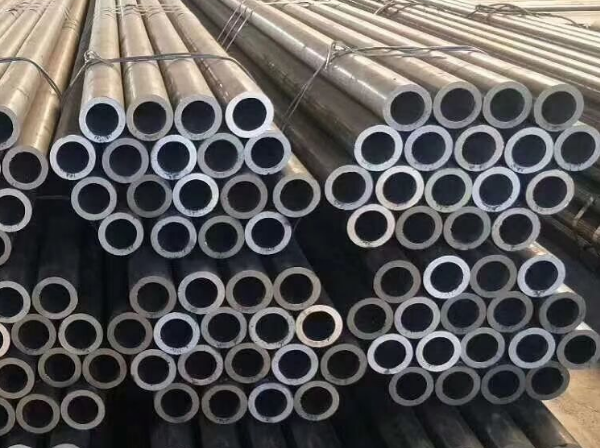
Introduction to Boiler Tube Welding Standards
With the wide application of boiler tubes in industrial production, the requirements for their welding quality are becoming higher and higher. In order to ensure welding quality, a series of national and international standards for boiler tube welding have been formulated at home and abroad.
Commonly used national standards for boiler tube welding include GB/T 12459, GB/T 13401, GB/T 14383, GB/T 14845, GB/T 17185, GB/T 24592, etc. These standards respectively stipulate welding processes, welding materials, welding quality requirements, etc.
At the same time, international standards have also made provisions for boiler tube welding, such as ASTM, ASME, JIS and other standards. These standards correspond to our country's standards and are applicable to imported and exported boiler tubes as well as boiler tube welding involved in international cooperation.

Welding process:
Welding process is a key factor affecting the quality and reliability of welds. Depending on the material, geometry and usage conditions of the boiler tube, choosing different welding processes can effectively improve welding quality and production efficiency.
Common welding processes include manual arc welding, submerged arc automatic welding, gas shielded welding, plasma welding, etc. Among them, manual arc welding is suitable for boiler tubes with thin walls, short lengths, curved parts and other complex-shaped components. Submerged arc welding and gas shielded welding are suitable for parts with thicker wall boiler tubes, which can improve welding speed and quality.
Welding materials:
The selection of welding materials directly affects the welding quality. Generally, the welding material should be the same or similar to the boiler tube material to ensure weld quality and performance. At the same time, the thermal stability, corrosion resistance and other characteristics of the welding materials must also be taken into consideration.
Commonly used welding materials include welding wire, welding rod, flux, etc. Among them, welding wire, as a commonly used welding material, has the characteristics of wide application range, fast welding speed and good welding penetration.
Welding quality requirements:
Welding quality requirements are an important link in boiler tube welding. Common welding defects include weld cracks, pores, slag inclusions, lack of fusion, etc. These defects will seriously affect the service life and safety performance of boiler tubes.
Therefore, national and international standards have strict regulations on welding quality. For example, the weld should be straight, continuous, smooth, and without cracks; its size, location, quantity, and distribution should comply with standard regulations, etc.
Summarize:
In summary, the national standard for boiler tube welding is the guarantee of boiler tube welding quality. During the welding process, the correct welding process and welding materials should be selected according to the specific situation, and quality control should be carried out in strict accordance with national and international standards to improve welding quality and product reliability.
Read more: How are Seamless Boiler Tubes Made?
- 【Prev】 : Boiler Tube Selection and Welding
- 【Next】 : Seamless Pipe Pressure Calculation


